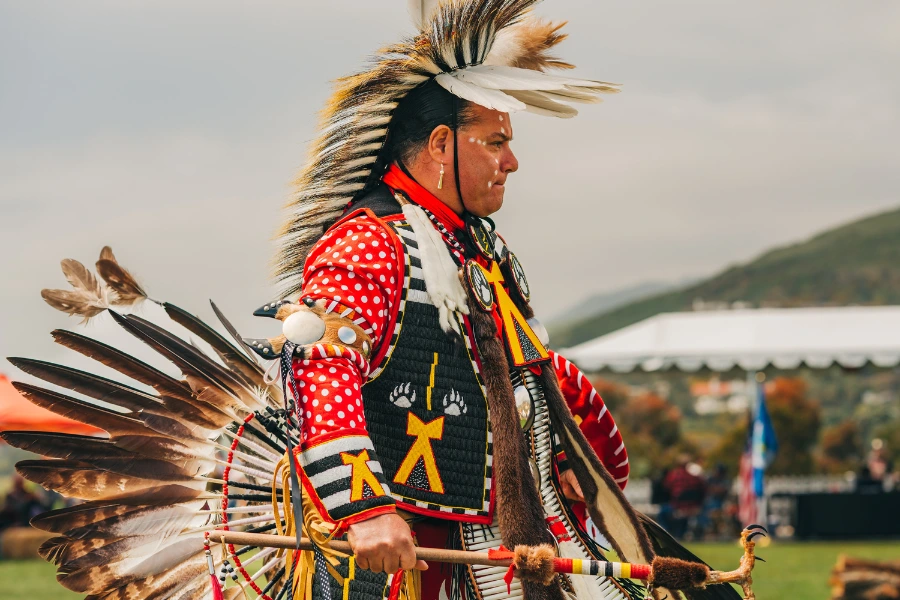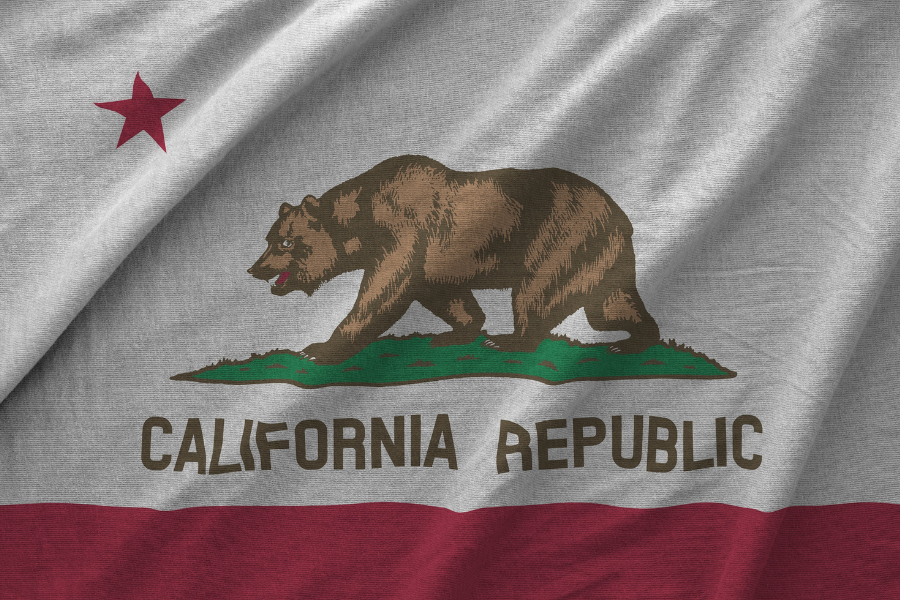With the state’s vast potential market, many expect sports betting to eventually take hold. However, after the resounding defeats of Propositions 26 and 27 in 2022, stakeholders are now approaching the issue with more caution and strategy.
The push for legalization is evolving, with tribes and gaming operators at the heart of the conversation, hinting at potential changes by 2026 or even 2028.
The Aftermath of 2022’s Rejection
Propositions 26 and 27, which aimed to legalize different forms of sports betting in California, were met with strong opposition from voters in 2022. Proposition 26, backed by Native American tribes, proposed in-person sports betting at tribal casinos and select racetracks.
Meanwhile, Proposition 27, supported by major online gaming companies like FanDuel and DraftKings, sought to legalize online sports betting across the state, with a portion of revenues designated for homelessness and mental health services.
Despite heavy spending — estimated at $460 million in total — both initiatives were rejected. Proposition 26 received 33% voter support, while Proposition 27 only garnered 18%.
The failure of these measures underscored deep voter skepticism, fueled by concerns about gambling addiction, corporate greed, and conflicting interests. Critics argued that the online betting proposal would benefit large corporations more than the state’s vulnerable populations, further dampening public support.
These defeats left California in a unique position, as one of the largest states without legal sports betting, while the rest of the country moved forward.
A New Approach: Tribal-Led Initiatives and Future Outlook
Following the 2022 setback, California’s Native American tribes have remained central to any future sports betting legalization efforts. The tribes hold significant political influence due to their exclusive control over CA casino gambling, and they were instrumental in opposing Proposition 27.
Recognizing their role, stakeholders like FanDuel have begun to adjust their strategies, with FanDuel’s CEO Amy Howe noting the need to
“build the right coalitions and relationships”
with tribal groups. FanDuel has even brought on former tribal leaders, like E. Sequoyah Simermeyer and Rikki Tanenbaum, to help navigate these relationships.
James Siva, chairman of the California Nations Indian Gaming Association, hinted at a possible tribal-led sports betting initiative by 2026, though he cautioned that it could take until 2028 for a new proposal to reach voters. Speaking at the 2024 Global Gaming Expo, Siva emphasized the need for a new framework tailored to California’s unique landscape, one that likely includes online betting.
“We have started to think outside the box,”
Siva said, suggesting that any future plan would incorporate lessons learned from previous failures and tribal sovereignty concerns.
The stakes are high. If legalized, California would become the largest sports betting market in the U.S., potentially generating billions in annual revenue. While many hurdles remain, particularly around securing tribal support and balancing interests, the groundwork is being laid for a future push toward legalization.
Should tribes back a new proposal, the chances of success could increase significantly, reshaping the state’s gambling landscape.
California’s journey toward sports betting legalization has been long and complex, but the determination from various parties ensures that the topic will remain a hot issue for years to come. The question is no longer if sports betting will arrive in California but when — and under what terms.




